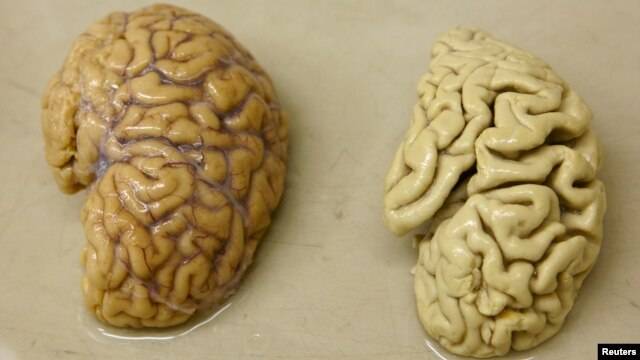Alzheimer's Team: Dr. Treats Husband's Alzheimer's With Coconut Oil
"We don't really know what causes Alzheimer's, but one of the real early signs is that brain cells lose their ability to process sugar, which is their primary fuel, and they die," Nohlgren said. "The theory behind coconut oil is it can induce the body to create an alternate fuel to keep those cells alive."
But before trying coconut oil at home -- Alzheimer's patients should check with their doctor because there can be some serious risks.
"We don't really know what causes Alzheimer's, but one of the real early signs is that brain cells lose their ability to process sugar, which is their primary fuel, and they die," Nohlgren said. "The theory behind coconut oil is it can induce the body to create an alternate fuel to keep those cells alive."
But before trying coconut oil at home -- Alzheimer's patients should check with their doctor because there can be some serious risks.




